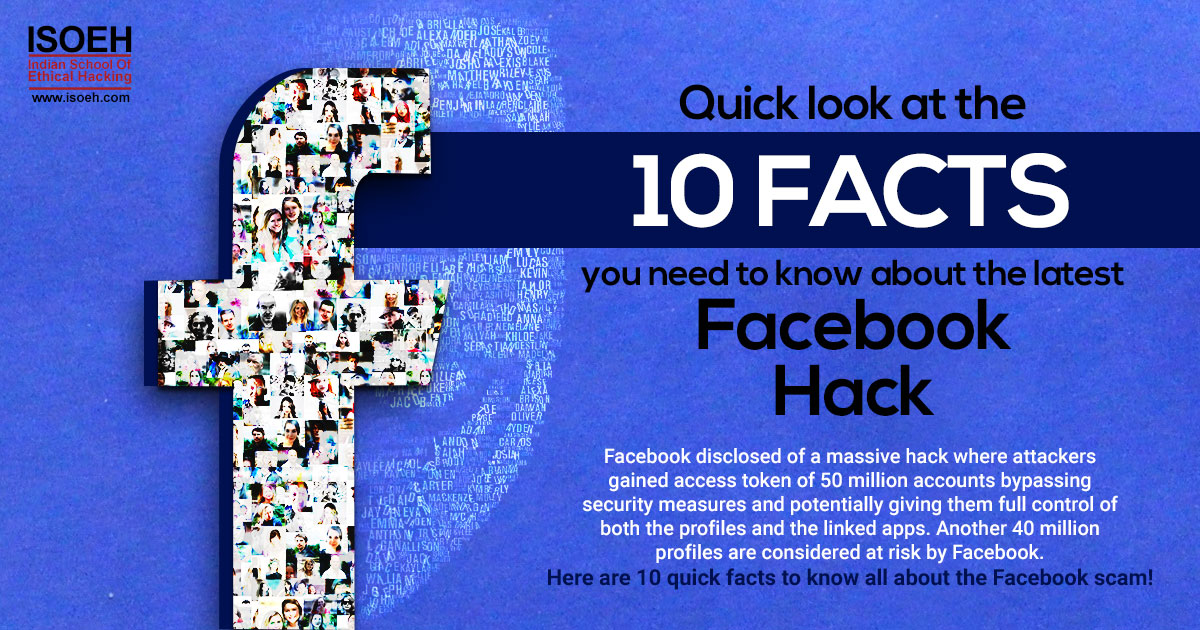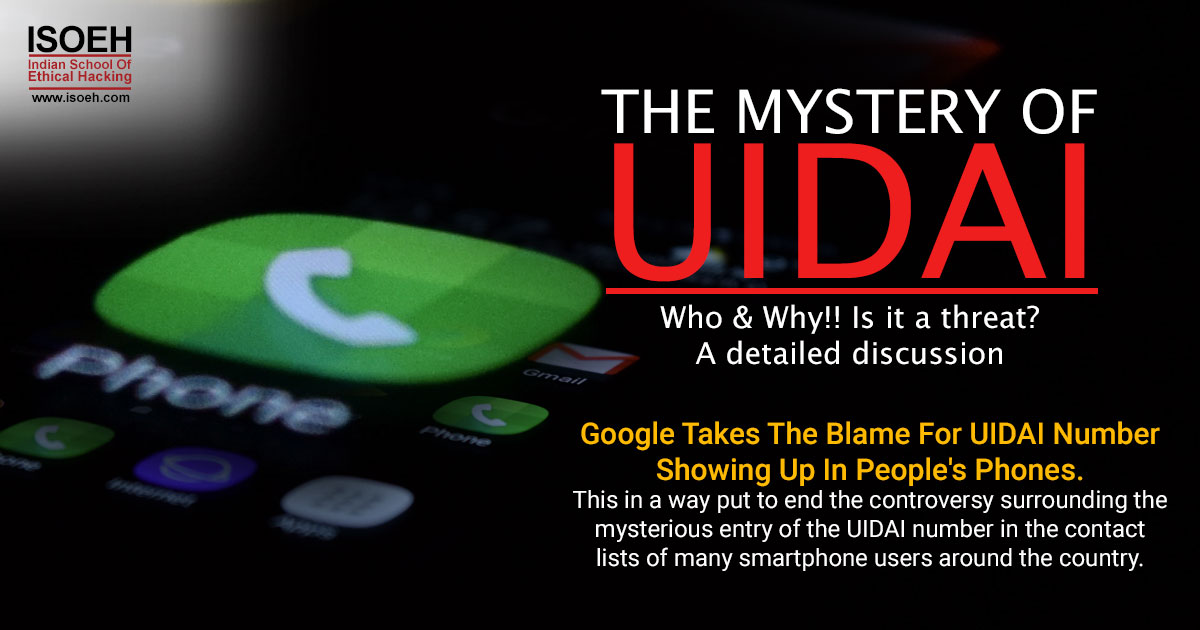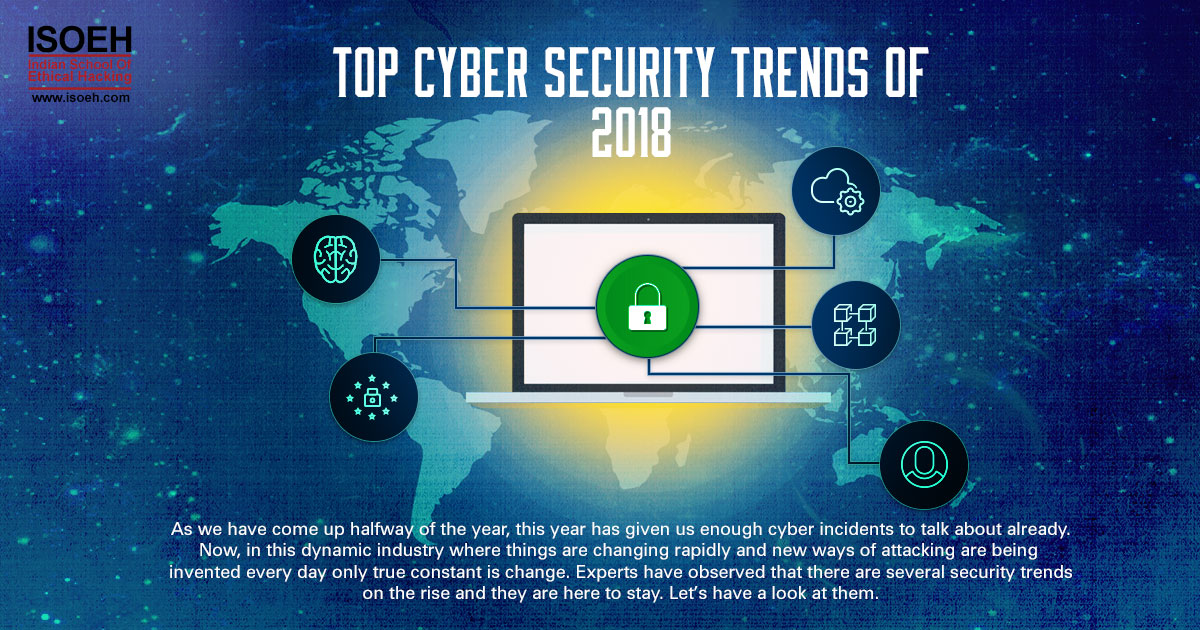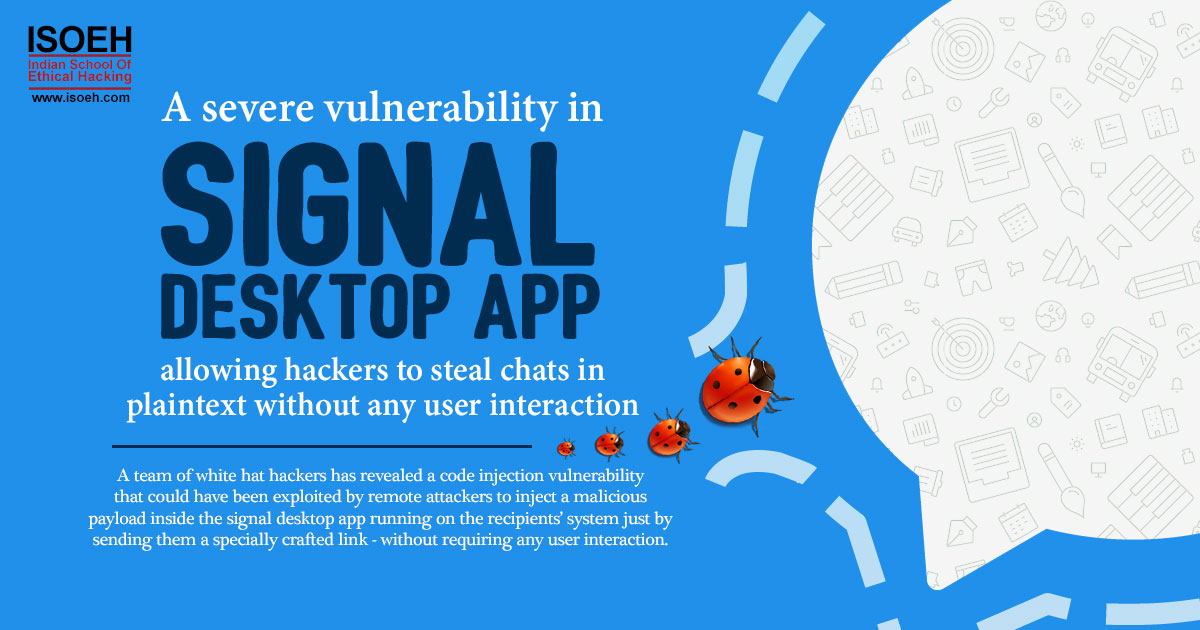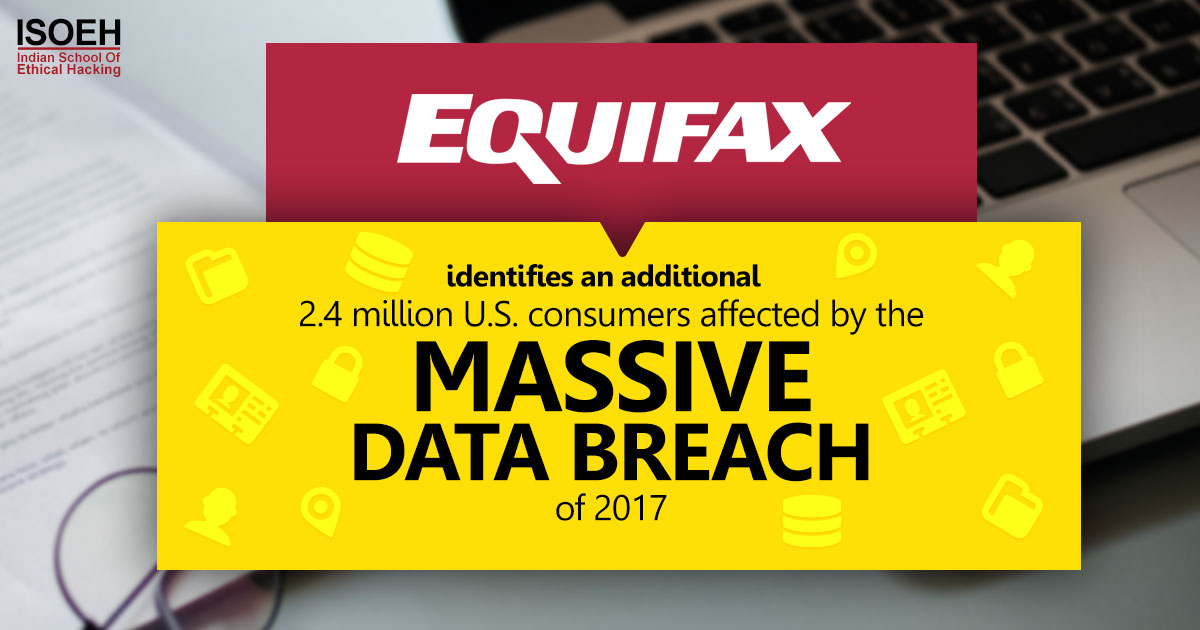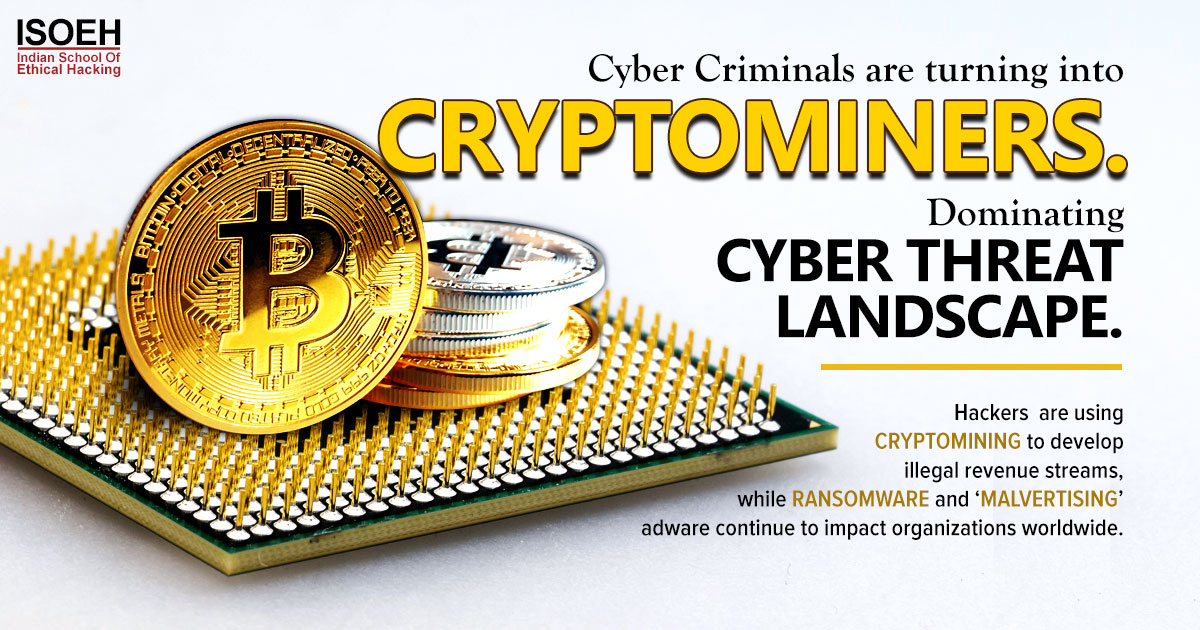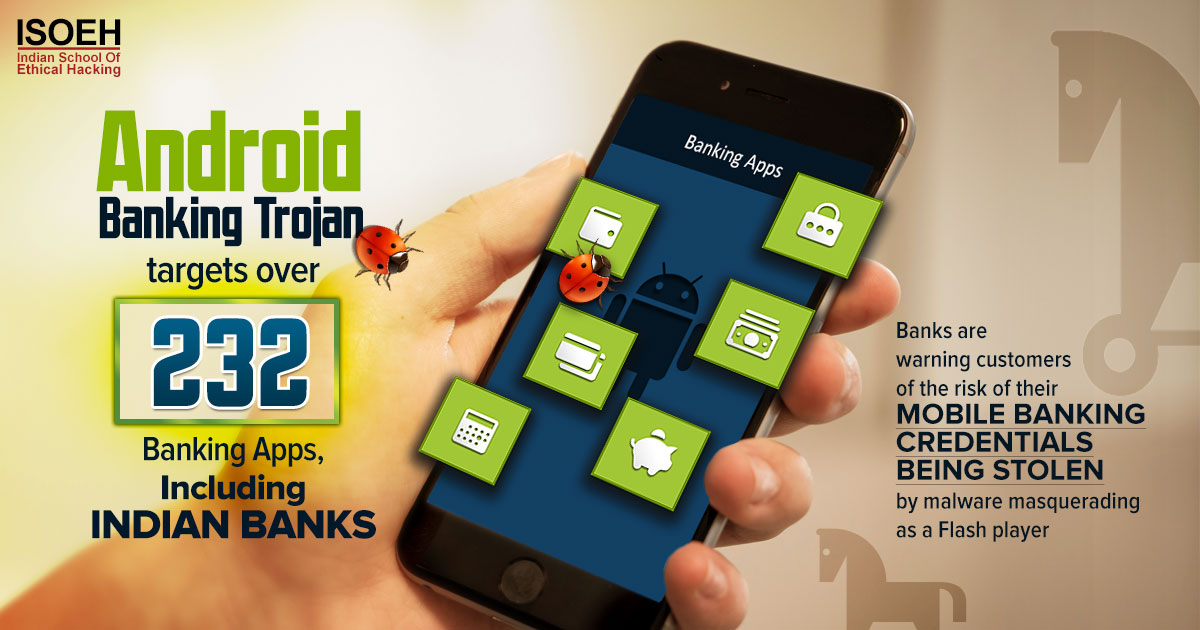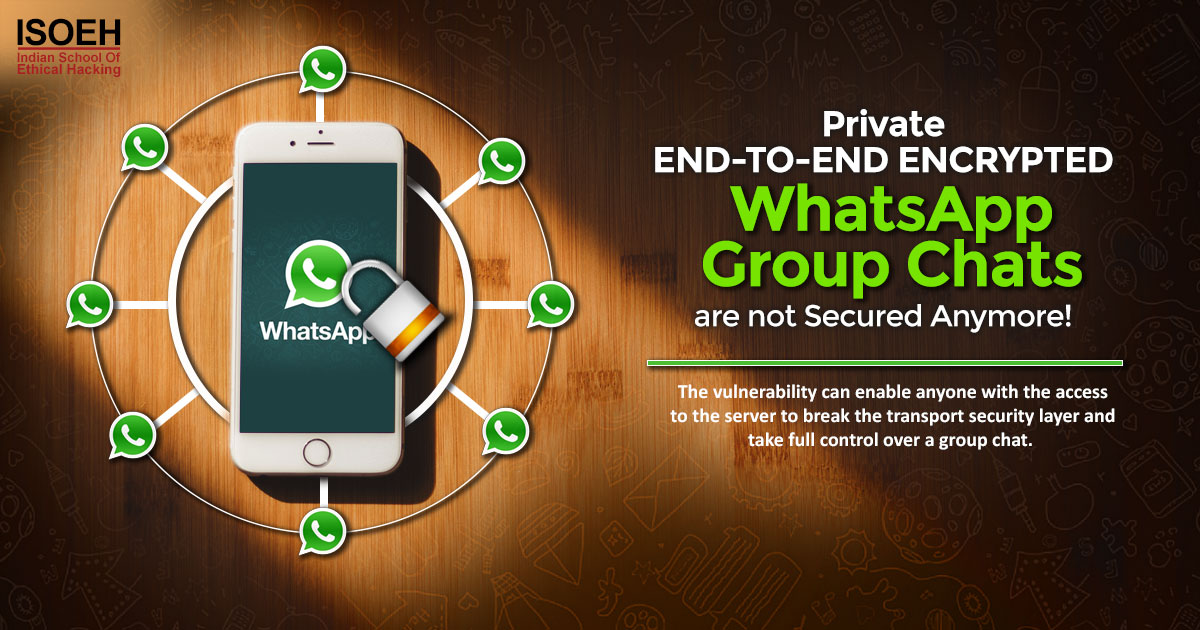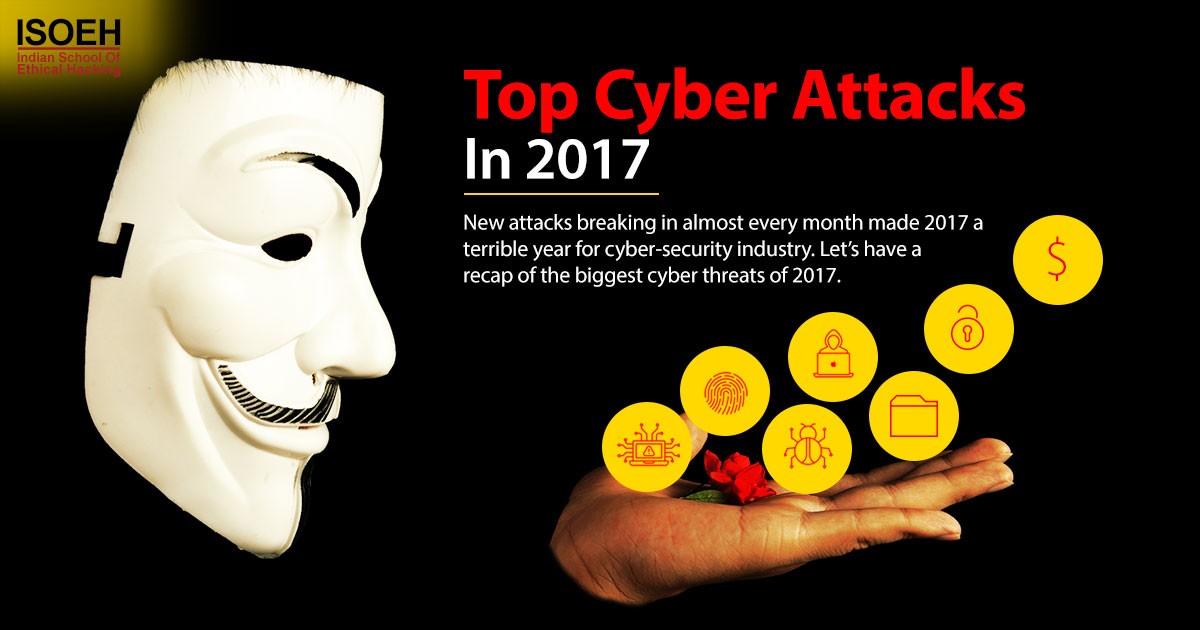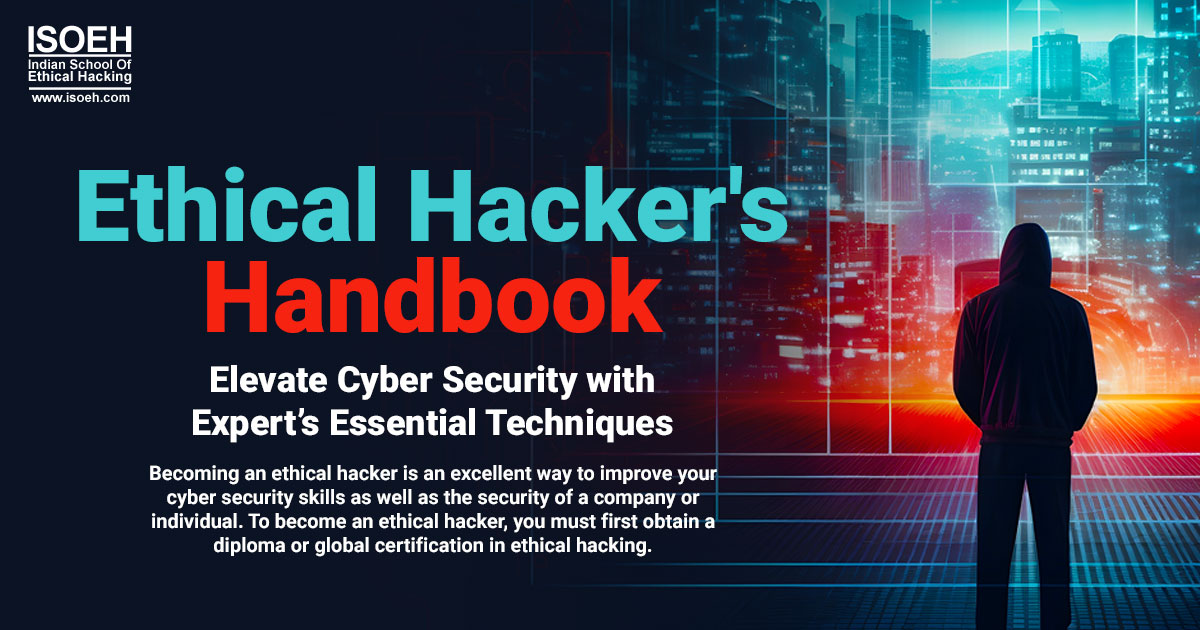
Contents
- Introduction
- What Is Ethical Hacking?
- What Are the Benefits of Becoming an Ethical Hacker?
- What is the Ethical Hacking Diploma?
- Where Can I Get an Ethical Hacking PG Diploma or Cyber Security course in Kolkata?
- Essential techniques to learn Ethical Hacking/ Cyber Security
- Tips And Best Practices
- Conclusion
Introduction
With the increasing number of cyber-attacks, it is more vital than ever for organisations and individuals to be aware of the potential hazards and take precautions against them. This entails not only putting in place the appropriate security measures but also having the expertise and knowledge to properly maintain and develop those measures.
This is when ethical hackers enter the picture. Ethical hackers are highly competent specialists who use their understanding of computer networks and systems to detect and fix security flaws. They also apply their knowledge to suggest enhancements to existing security measures. A global certification or diploma in ethical hacking is required to become an ethical hacker.
What Is Ethical Hacking?
Ethical hacking is the practice of attempting to hack into a computer system or network to find security weaknesses and recommend changes to the security mechanisms in place.
What Are the Benefits of Becoming an Ethical Hacker?
The primary benefit of becoming an ethical hacker is that it can aid in the improvement of a company's or individual's security. Ethical hackers can uncover security issues and recommend improvements to existing security procedures. This can reduce the likelihood of a cyber-attack or data leak while also boosting overall system or network security.
What is the Ethical Hacking Diploma?
The ethical hacking diploma is a credential that demonstrates a person possesses the necessary skills and knowledge to be an ethical hacker. Typically, the diploma is awarded after completing a comprehensive course covering ethical hacking principles such as network security, cryptography, and computer forensics. The diploma is awarded after completing the course and can be used to demonstrate an individual's expertise in ethical hacking.
Where Can I Get an Ethical Hacking PG Diploma or Cyber Security course in Kolkata?
Ethical hacking diplomas and Cyber Security certificates are available from several universities. For individuals looking for a more comprehensive education, several universities offer courses specifically designed to prepare candidates for the ethical hacking diploma. For example, the Indian School of Ethical Hacking the best Ethical Hacking Course in India offers a comprehensive course that covers topics including network security, cryptography, and computer forensics. This is widely recognised as one of the best ethical hacking courses available in Eastern India.
Essential techniques to learn Ethical Hacking/ Cyber Security
- Footprinting is the process of collecting information about a target system, such as its IP address, domain name, and network architecture. Reconnaissance is aggressively examining the target system for flaws and vulnerabilities. Ethical hackers can use these approaches to identify potential entry holes for attackers and take proactive measures to secure the system.
- Another important tool for ethical hacking is network scanning. This entails employing specialised tools to locate open ports, services, and vulnerabilities on a target network. Ethical hackers can uncover potential vulnerabilities and repair them before attackers can exploit them by scanning the network.
- Vulnerability analysis and penetration testing are two more crucial skills for ethical hacking. Vulnerability analysis is identifying potential flaws in a target system, such as out-of-date software or incorrectly configured settings. Penetration testing entails actively seeking to exploit these vulnerabilities to acquire system access.
Tips And Best Practices
- Continuous Learning and Skill Development - Keep up-to-date on the newest cybersecurity technologies, strategies, and vulnerabilities. Participate in online classes, webinars, and workshops regularly to broaden your expertise. Subscriptions to industry journals, attendance at conferences, and participation in appropriate training and certification programmes are all recommended.
To authenticate your talents and knowledge, for example, earn certifications such as Certified Ethical Hacker (CEH) or Offensive Security Certified Professional (OSCP). - Adopt a Proactive Security Mindset - Look to discover flaws in systems, networks, and applications before malicious actors do. To discover and address potential security gaps, use penetration testing, vulnerability assessments, and security audits. To simulate attacks and analyse defences, use programs like Kali Linux, Metasploit, and Burp Suite. Create your lab setting in which to test various hacking tools and tactics. Take part in Capture the Flag (CTF) challenges to put theoretical knowledge into practice.
- Ethical Hacking Methodology and Frameworks - To ensure a systematic and thorough approach to ethical hacking, use known methodologies such as the Open-Source Security Testing Methodology Manual (OSSTMM) or the Penetration Testing Execution Standard (PTES). Adhering to a defined framework aids in the consistency and thoroughness of security evaluations.
- Practising Responsible Disclosure - When discovering vulnerabilities, follow responsible disclosure standards by responsibly and ethically reporting the findings to the impacted organisation or vendor. This entails producing a full report on the vulnerability and giving the organisation time to resolve the issue before releasing it publicly.
- Communication and Documentation - Ethical hacking requires effective communication and documentation. Document the findings, techniques, and remediation recommendations in detail. Use standardised reporting structures and wording that both technical and non-technical stakeholders can understand. This guarantees that the organisation can successfully grasp and act on the findings.
- Stay Ethical - Maintain a strict ethical code. Make certain that your abilities are used legally and responsibly. Before attempting to analyse or hack any system, obtain proper authorization.
- Stay Anonymous - Use VPNs and other anonymizing technologies to safeguard your identity when doing ethical hacking. Respect privacy laws and policies, ensuring that your actions are lawful and ethical.
Conclusion
Becoming an ethical hacker is an excellent way to improve your cyber security skills as well as the security of a company or individual. To become an ethical hacker, you must first obtain a diploma or global certification in ethical hacking. This manual equips digital defenders to keep one step ahead of malicious actors by providing a selected set of critical strategies. Ethical hackers use their knowledge as virtual guardians to fortify our linked environment, assuring the resilience of networks and the security of critical information.
In a world where every click and keyboard can have far-reaching implications, the insights revealed in this manual become indispensable weapons in the armoury of ethical hackers. By embracing these skilled tactics, we not only boost our defences but also the foundation of cybersecurity as a whole. The Ethical Hacker's Handbook acts as a compass, directing us towards a safer and more secure future as we traverse the complexity of the digital era.
Hacking Tools
Explore All Hacking Tools »
UFTP is an encrypted multicast file transfer program for secure, reliable & efficient transfer of files. It also helps in data distribution over a satellite link.
Read DetailsBreaking News
Breaking News Of Each Month »
The recent pandemic was unexpected and unknown to most part of the world. It has changed our life and we are slowly adapting to our new lifestyle. The risks associated with the new lifestyle, both personal & corporate, are unknown to most of us.
Read Details


